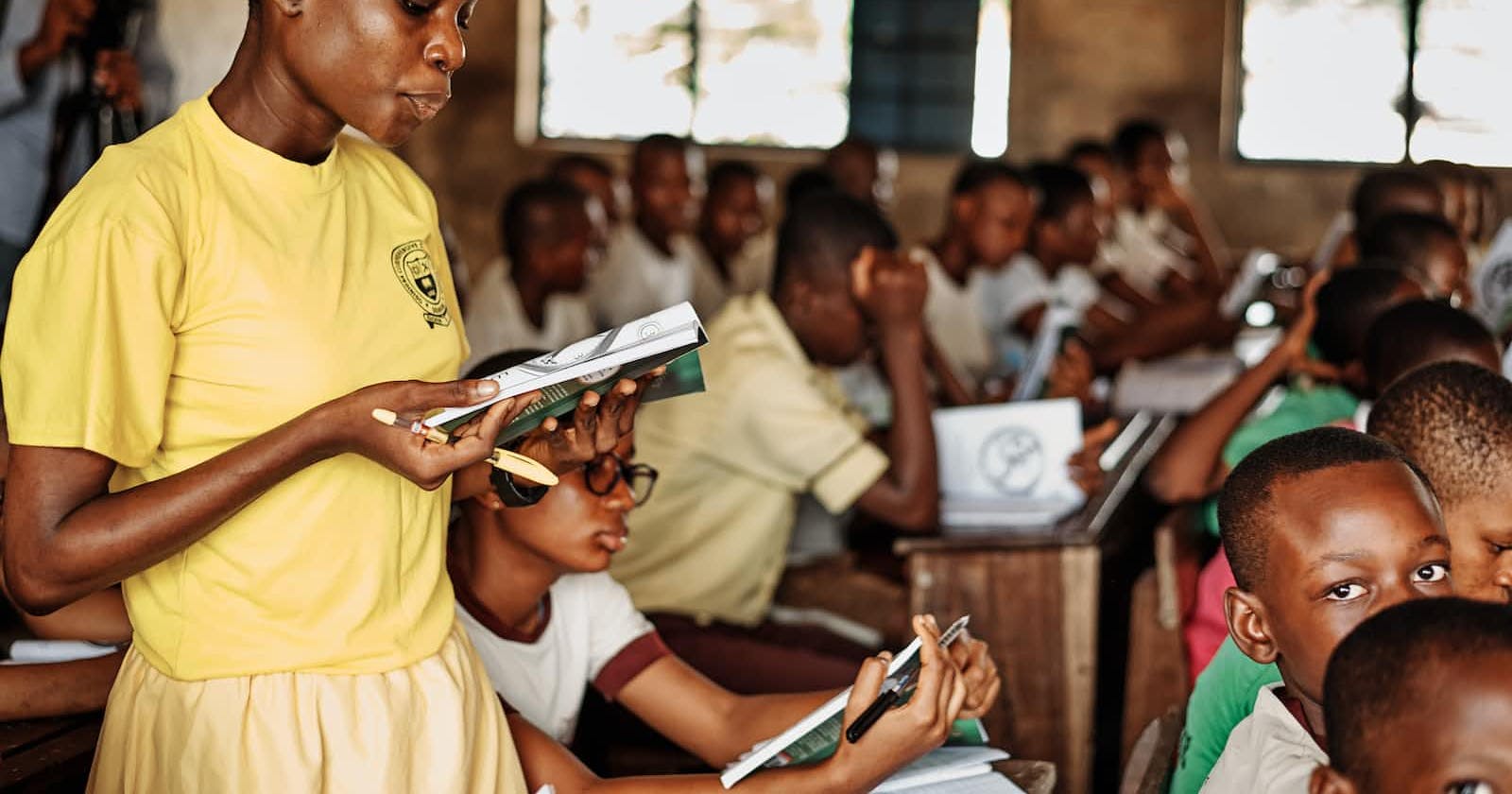‘’ Innovation in education is about more than new technology. It’s about solving a real problem in a fresh, simple way to promote equity and improve learning’’ (UNICEF, 2021). Educational innovation is a technical approach to creativity in the educational industry. It allows for science-based study, and science-driven research and analysis. This approach provides for the systematic and progressive development of science and technology in our educational system. Innovation in education is progressive and ever-changing and does not remain stagnant, hence there is a need to meet the pace.
Since the invention of the computer and the digitalization of most countries' educational systems, the computer has always been essential in research, and assessment, including accreditation, education policy, evaluation, grade assignment, and learning. Digitalization allows for education innovation. The world is changing. Teaching methods employed during the industrial revolutionary age do not work anymore. In breaking new grounds, we must understand that innovation does not only include technology but how educational experts, including teachers in our primary and secondary schools, effectively use these resources to empower, educate and sustain students and society in general.
One might easily question the importance of innovative learning. While there is a plethora of advantages, digitalization and innovation allow students to be creative, smart, and efficient in their educational life and allow them to pursue an interest in any field. This may include medical analytics, software, programming, gaming, design, etc. For teachers, it is profitable in overcoming the barrier of effective teacher-to-student interaction. For school administrators, it bridges the gap of illiteracy and fosters remote learning, connecting both teachers and students.
Innovation is the key to breaking illiteracy and promoting education. It makes collaboration easier. Students, teachers, and parents can speak and collaborate extra effectively to help their kids/children excel in whatever field they are interested in.
The government, stakeholders, school administrators, and teachers need to collaborate and form new policies allowing for more technology-based and driven education, implementation of skills and constructive education in schools, and promotion of science and technology-based education.


